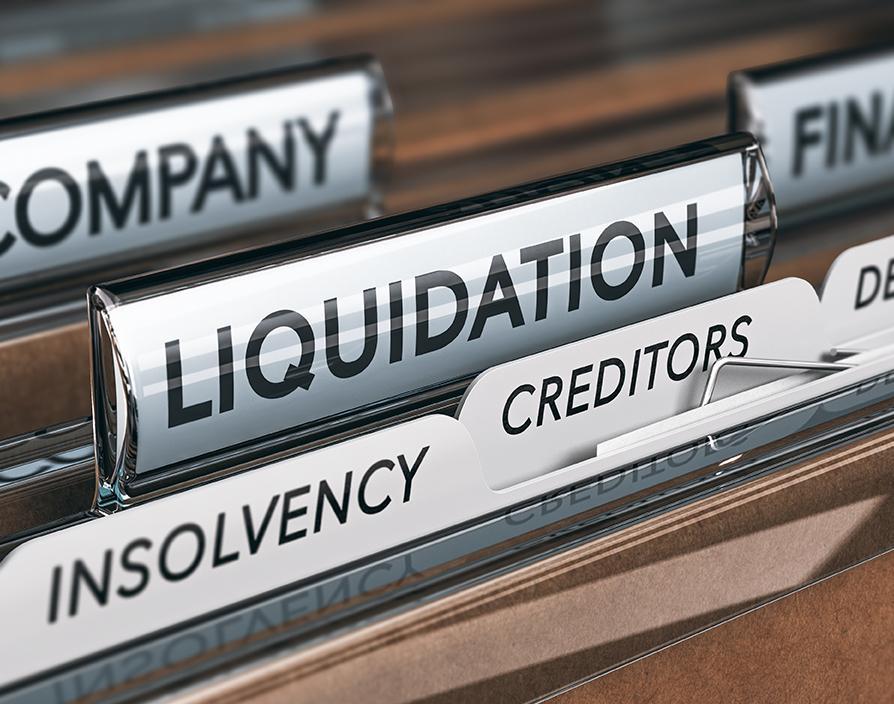A company may become insolvent when it cannot pay its debts when they become due or has insufficient assets to cover its liabilities. While it can be extremely stressful and overwhelming, there are several steps which businesses can take to manage the situation effectively and protect its interests. Herein we focus on measures to consider when your company is insolvent to ensure you as founders and directors are protected and minimise losses.
Businesses may experience financial problems from time to time, but difficult economic times may seriously impact businesses. If you think that your business has financial problems or is at risk of being insolvent, you should ensure that you fully understand your options and the consequences in order to make the right decisions for you and your business. Take advice immediately to avoid concerns of wrongful trading and personal liability.
Taking professional advice
The first crucial step is to know the true financial position of your company. This involves liaising with your accountant or FD and thoroughly reviewing your statements, balance sheets, cash flow projections and outstanding debts etc.
You should also consider engaging a qualified solicitor, financial advisor, and insolvency practitioner to provide a professional outline of your obligations and help you navigate through the various available options for your business. Only by gaining a clear understanding of the extent of the financial difficulties and available options will you be able to make better and more informed decisions for your business.
Continue trading
Below are some of the options that you may consider keeping your business running:
Restructuring
When faced with insolvency, it is worth considering restructuring options. These may include renegotiating contracts, downsizing operations and implementing changes to strategies, operations, finances etc to reduce costs, improve cash flow and regain solvency. However, there may be a lot of risks to this process, such as contractual and compliance risks, especially if you want to make redundancies.
Insolvency impacts not only the business but also its staff. It is therefore crucial to handle these relationships with care to maintain trust and ensure a smooth process. You should communicate openly with your staff and provide them with necessary information about the situation and their rights and ensure compliance with employment laws and regulations during this process. In terms of who you are selecting, it must be fair and indiscriminatory, you need to carefully follow a fair process at all times.
You should always consult with experienced solicitors to review relevant documents and advise on relevant processes-to minimise risks and avoid any repercussions. Settlement agreements are always favoured.
Funding
Raising further funding when a business is solvent can be an extremely challenging task. Insolvency implies that the business is experiencing financial problems, which can make investors or lenders reluctant to expose themselves financially unless they can see a clear way out.
With a transparent and detailed business proposition it may be possible to secure additional funding if you can present a compelling case for restructuring or turnaround potential. You will need a well-crafted business plan & investment deck which outlines clear and practical strategies for addressing financial issues, reducing costs, improving cash flow and demonstrating potential for future profitability. You can seek out investors or lenders who are familiar with you and/or the business, or who specialise in distressed or turnaround investments, to increase the chances of securing funding.
Nevertheless, it is important to approach this with caution as it may result in adverse effect on your business in the long run if the terms are too restrictive or you give control away for example. You need to be prepared and informed.
Agreements with creditors
Although you may not want to alert your creditors too soon, having an open and transparent communication with your creditors can sometimes help alleviate some of the financial pressure. You should consider notifying your creditors promptly of the situation and demonstrating your willingness and commitment to resolving it. This may help build trust and potentially you can reach an agreement with your creditors, such as debt restructuring or a payment plan.
Alternatively, you may choose to enter into a company voluntary agreement (CVA) with your creditors. This means that you as a director can still run the business and will ensure that the company will pay all or part of its debts over an agreed period. This may cover all unsecured debts, such as those owed to suppliers, HMRC, employees and landlords. As it is an insolvency process, the company will need to comply with specific requirements and there are consequences of entering into a CVA. Therefore, directors should consult carefully with their professional advisors before proceeding with this option. This also reduces the risk of a director being accused of wrongful trading which can piece the company protection you have as an individual
Administration
If other options prove insufficient, you may need to consider more formal insolvency processes, such as administration. Putting the company into administration means that you will essentially hand over the running of your company to an “administrator” (usually an insolvency practitioner). The administration will assess the company’s viability and explore options to regain solvency or maximise repayments to creditors. This may include entering into a CVA with creditors and/or selling some or all of the company’s assets. The administrator can also take actions on behalf of the company and have access to records relevant to the business like a director.
While the administrator is in charge of the business, your creditors cannot take legal action to recover their debts or start compulsory liquidation without the permission of the court. However, there is still risk that the company may be wound up if the court agrees.
Last resort : Closing the business
Liquidating (“winding up”) your company should only be considered as the last resort. This means the company is closed down and ceases doing business, and its assets will be sold and distributed to creditors. Once the company is removed or “struck off” from the register at Companies House, it will cease to exist.
An Insolvent company can be wound up by its directors and creditors. For creditors the process can be through a voluntary or a compulsory liquidation.
During liquidation process, a liquidator will be appointed (either an official receiver or insolvency practitioner) to essentially oversee the winding up of the company’s affairs, such as making sure all contracts (including employment contracts) are completed, transferred or otherwise ended, settling any legal disputes, selling any assets, collecting money owed to the company, distributing any funds to creditors and repaying share capital to shareholders.
These processes should also be approached with professional advice to ensure compliance with legal requirements.
Directors duties & protecting yourself
Directors have duties to the company and its members in respect of the management of the company. If a company is insolvent though directors’ duties are towards its creditors which will override all other duties. There may be legal actions taken against the directors if they are responsible for actions or omissions contributing to insolvency. This often includes wrongful or fraudulent trading, misfeasance, breach of fiduciary duties or other violation of the laws. It is therefore crucial for directors to seek legal advice themselves to ensure compliance with their duties and avoid personal breaches & liabilities.
Conclusion
By seeking professional advice early, including from an experienced solicitor and insolvency practitioner, businesses can better understand its business’ financial situation, evaluate available options, and make informed decisions. Each business is unique, so it is crucial obtain tailored advice based on the business’ specific circumstances.
Related links
Share via:









































